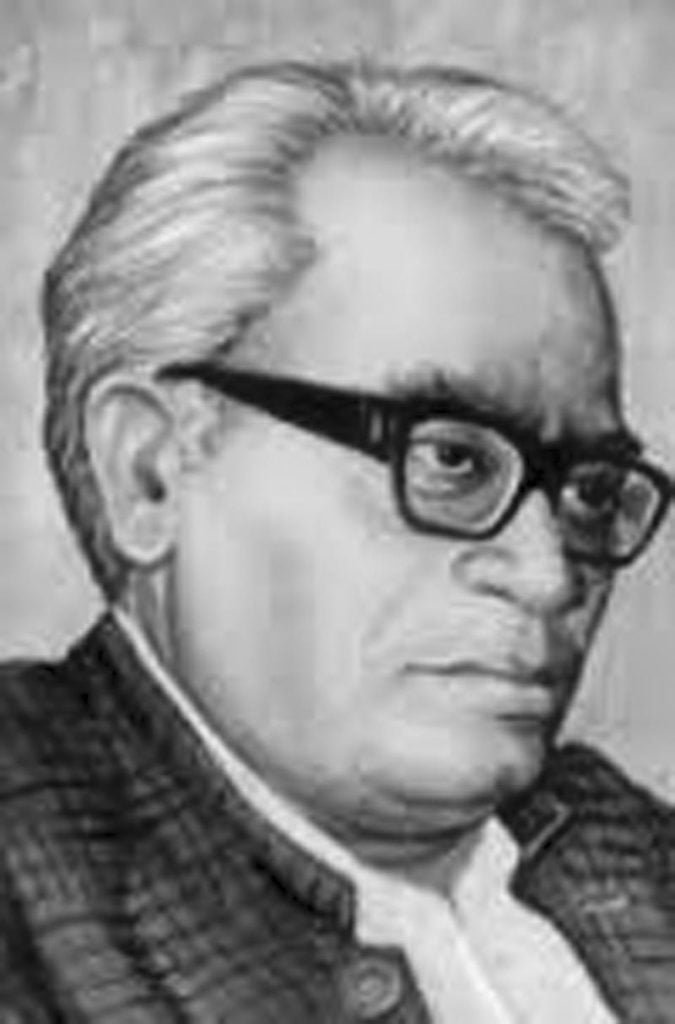
A patriot who fought against the prevalence of social injustices in society, Lohia’s unique achievement is the manner in which he evolved the socialist movement in India. Ram Manohar Lohia (23rd March 1910—12th Oct. 1967) was a founder-member of the Congress Socialist Party in 1934.
His spirit and role in the freedom movement did not end with his stint while he was young. In fact, while his stay in Europe, he also organized a club Association of European Indians, the purpose of which was to expand and preserve Indian nationalism outside India. He also attended the League of Nations assembly in Geneva. He joined the Indian National Congress party and laid the base for Congress Socialist Party formed in 1934. In 1936, Jawahar Lal Nehru appointed him as the first secretary of the All India Congress Committee which led to the formation of the foreign affairs department for the first time, in giving shape to India’s foreign policy.
On 24th May, 1939, Lohia was arrested for the first time for making provocative statements and urging Indian people to boycott all government institutions but was released by the authorities on the very next day because of the fear of youth uprising. However in June 1940, he was arrested yet again under charges of writing the article “Satyagraha Now” and was sent for two years of imprisonment where he was mentally tortured and interrogated, before being set free in December 1941. During the Quit India Movement in 1942, Ram Manohar was among many other secondary leaders who made tremendous effort to keep the fire of an independent India burning inside the commoners, when many top leaders like Mahatma Gandhi, Jawaharlal Nehru, Maulana Azad, and Vallabhbhai Patel were imprisoned.
Lohia got arrested twice after that, once in Bombay from where he was taken to a prison in Lahore and was brutally tortured; and once in Goa, where upon learning that the Portuguese government had restricted people’s freedom of speech and assembly, he decided to make a speech against Portuguese government’s policy. Being a hardcore follower of Mahatma Gandhi and adopting his philosophy of non-violence, he pleaded the nation against the acts of violence that had engulfed the country because of partition. On 15th August 1947, when all of the India assembled in Delhi, he stood by his mentor mourning the after-effects of an unwanted partition.
Vocabulary
Stint—job
Tremendous—great

